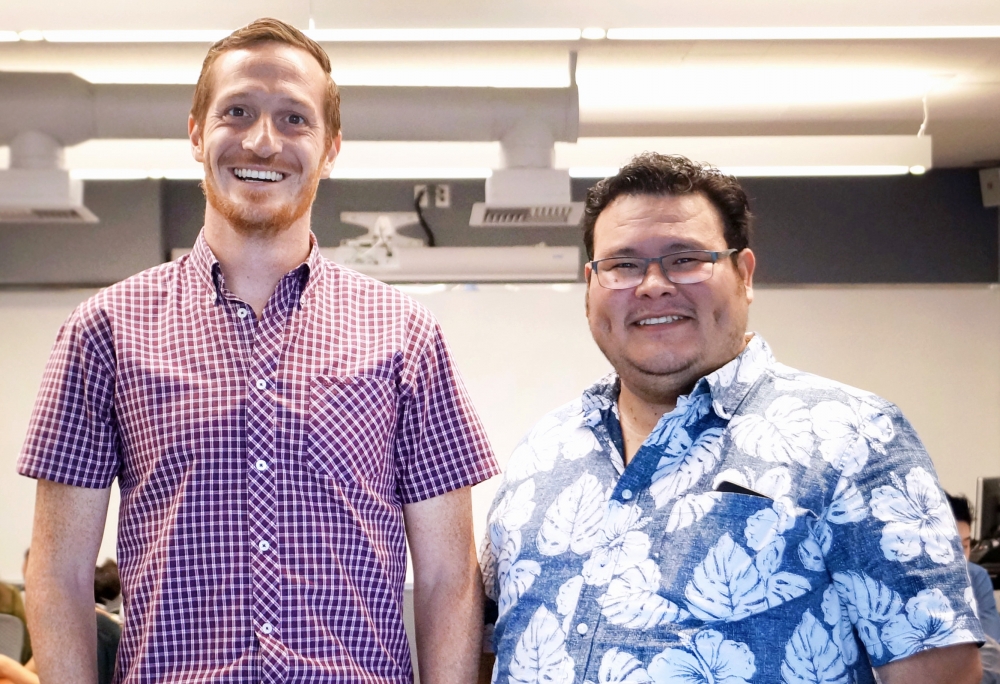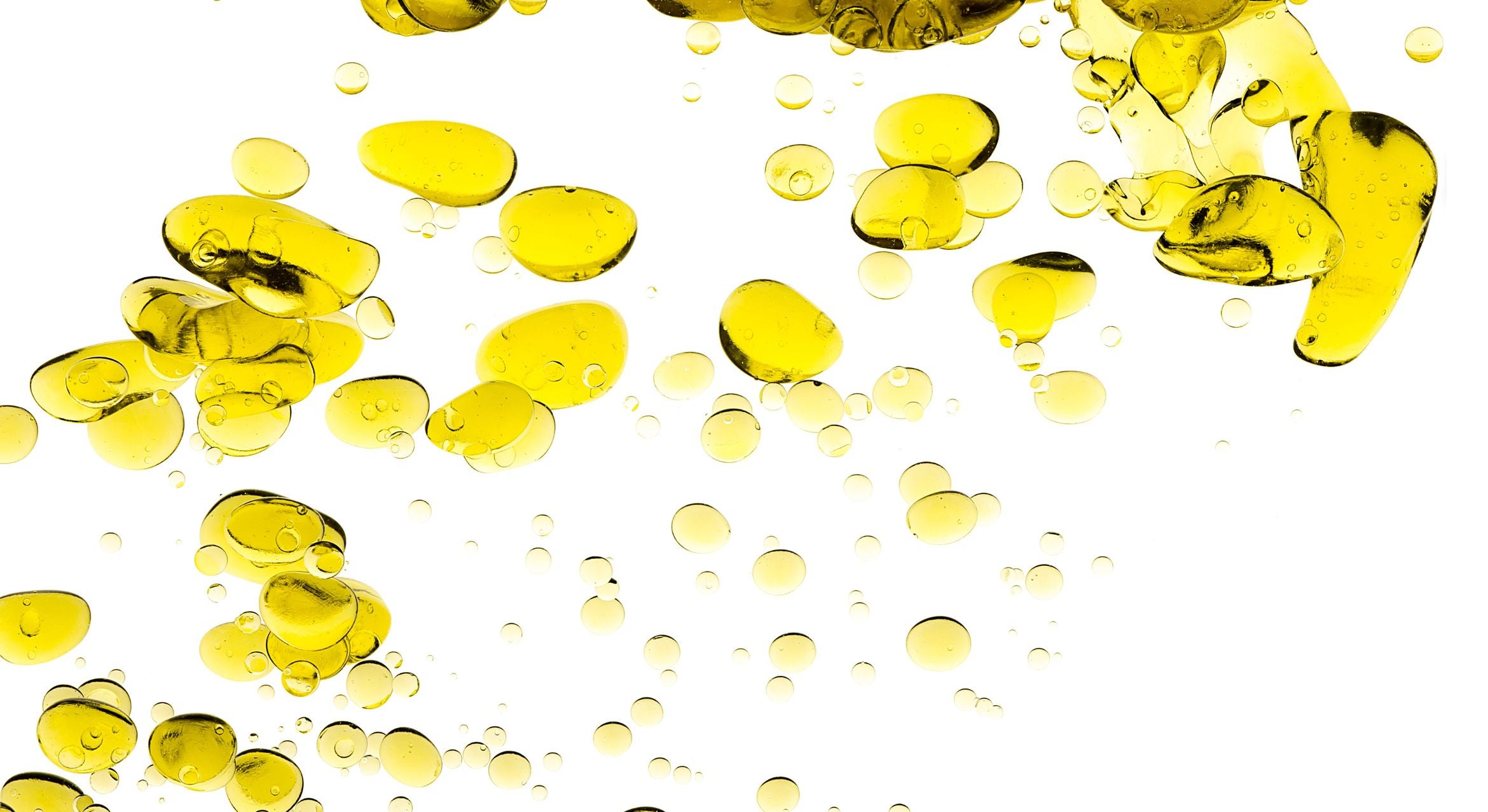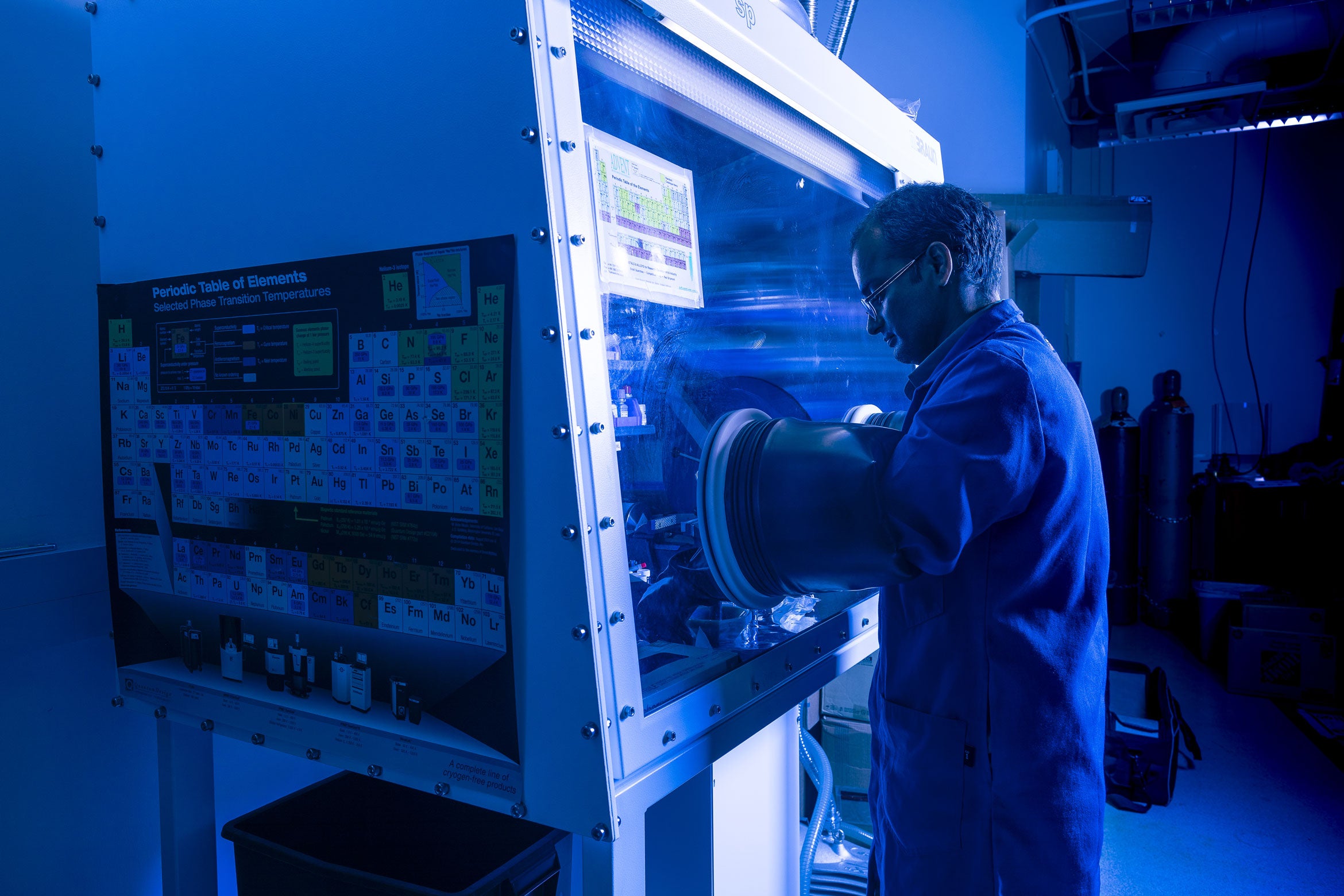
Mighty Mentoring


Like many first-year biology majors, Mirna Aparicio came to UC Santa Barbara with the goal of becoming a doctor. What she didn’t anticipate was how different university courses were from those she took in high school.
“There was definitely a huge learning curve,” Aparicio said. “I didn’t know what it took to get good grades and I didn’t know how to study properly.”
She found help honing her study skills through an innovative program designed to increase the success and retention of science, technology, engineering and math (STEM) majors.
Funded by a $1.5 million grant from the Howard Hughes Medical Institute, the BioMentors program aims to change the freshman and sophomore experience for undergraduate biology majors. And it has been very successful, particularly among underperforming, first-generation and underrepresented minority (URM) students.
“UCSB is committed to seeing all students succeed in the major of their choice, and part of what BioMentors does is give students a boost to help them feel confident in a fast-paced college environment,” said Pierre Wiltzius, Susan & Bruce Worster Dean of Mathematical, Life and Physical Sciences. “I see this program as a new pedagogical tool, providing students with skills that transfer across disciplines and course levels, ultimately improving their undergraduate academic experiences.”
“We noticed that by graduation, we lose approximately 50 percent of the students that come into the biology major, primarily at the freshman and sophomore levels,” said Mike Wilton, a lecturer in the Department of Molecular, Cellular, and Developmental Biology (MCDB) who co-designed the courses he teaches in the program. “If we can get students to the junior level, the retention rate goes up dramatically.”
In their first year, biology majors can take a series of one-credit, pass/no pass classes that focus on the soft skills that will help them succeed in freshman chemistry. In these seminars, students are taught time management, the science of resiliency, how to establish a growth mindset and how to study for STEM courses. Those who take the series have higher chemistry grades, particularly URMs.
“It’s a bit like going to the gym and working out,” Wilton explained. “The first time you go, it hurts. The second time hurts a little less, and the more you keep going, the stronger and the better you get.”
Still, according to MCDB associate professor Rolf Christoffersen, co-director of BioMentors, freshman chemistry can be a huge barrier to success. “It’s often where students don’t do well and subsequently decide to leave the major,” he said. “Many students arrive unprepared and lacking good study skills. We don’t tutor them in the subject matter per se but rather teach them the skills they need to succeed in STEM courses.”
The program takes a three-pronged approach. In addition to the freshman intervention courses, sophomores who take the large, traditionally taught introductory biology course meet twice a week with a BioMentor, an upper-division student who has taken the class and done well. A second option is a highly structured active-learning version of introductory biology taught by Wilton and MCDB lecturer Eduardo Gonzalez.
“We wanted to create a program that enables students to see themselves as part of the biology department, part of a community,” Gonzalez said. “We incorporated active learning so that students are able to take the knowledge they receive and apply it.”
As a result, the grade-point averages of students in the active-learning section are approximately half a point higher than those taking the large traditional class, even controlling for incoming SAT scores and previous science grade-point average. The best predictor of whether or not students are going to succeed, Gonzalez noted, is their previous grades, especially in introductory chemistry.
Another benefit of the active-learning version of introductory biology is greater student retention in the biology major, which is approximately 20 percent higher among students who have participated in BioMentors. This is true not only for students overall but also for first-generation and URM students.
Aparicio, now a junior, is a case in point. Not only did she take the lessons she learned to heart, she also went on to become a BioMentor herself. “I love mentoring,” she said. “I like to share my story and to let students know that being a biology major is definitely doable. It’s often a matter of organization. But I also let them know that it’s alright to fail and what to do to prevent that from happening a second time.”
Each BioMentor meets with a small group of students for two hours a week to discuss time management and strategies to mitigate frustration with lack of academic success, among other topics. The statistics bear out the program’s success. Students who participate in BioMentors are more likely to graduate in the biology major — a persisting measurable effect.
“We also found a dose-dependent relationship between participation — the frequency at which a student goes to BioMentors — and their grade in the introductory biology course,” Wilton said. “If a student went at least five times, his or her grade went up by half a grade point. More frequent attendance increased the grade even more.”
According to Wilton, the various aspects of the program are easily expandable and would be relatively easy to advance beyond the pilot stage with additional funding. Joel Rothman, co-director of the BioMentors program and an MCDB professor, concurs. Ultimately, he would like to achieve institutional change — at least across STEM courses.
“These innovative approaches could effectively pervade all STEM areas,” he said. “Our hope would be that this program would become a paradigm and that we could provide ideas for others on campus interested in emulating these approaches.
“The investment in this program is very modest relative to the outcome,” Rothman added. “This is affecting a huge number of students who will ultimately help drive the state economy.”



